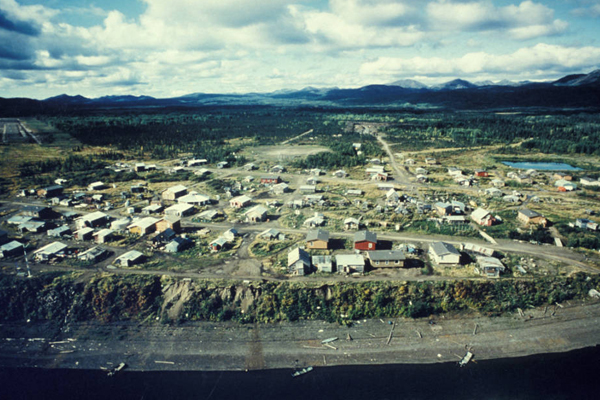
With Less Snow, Endurance Racers Set Record

Extreme bicycle racers have set a new record on the Iditarod Trail Invitational, a frigid, 1,000-mile endurance race in the Alaskan tundra. But record low snowfall this year may have played a role in the record.
Fairbanks engineer Jeff Oatley completed the bicycle race (not to be confused with the Iditarod Trail Sled Dog Race) in 10 days, shattering the previous record of 15 days, set in 2000. The second and third place finishers also came in well under that record.
But experts say the record racing times are probably due to Alaska's unseasonably warm winter, The New York Times reported. Parts of the race that are normally piled high with fresh snow were totally bare this year.
The state enjoyed balmy 60-degree Fahrenheit (16 Celsius) temperatures in January, in contrast to the typical low 20s F (-5 to -7 C). Meanwhile, frigid weather slammed the East Coast with a polar vortex, while California suffered a severe drought.
Climate scientists warned that the unusual weather can't be directly linked to climate change, but could be part of a broader climate shift.
"There is no smoking gun, but this 15 degrees C above average [in Alaska] in January was really exceptional," John Walsh, a climate scientist at the University of Alaska Fairbanks told The New York Times. "The really challenging question is will these extremes become more typical."
Get the world’s most fascinating discoveries delivered straight to your inbox.

 Live Science Plus
Live Science Plus





